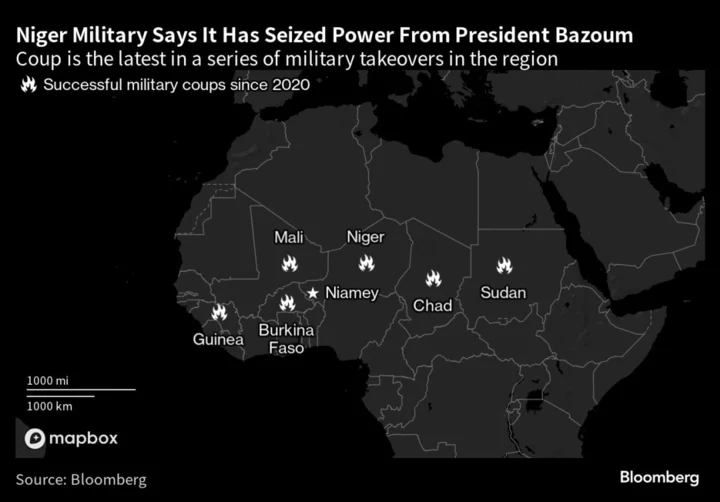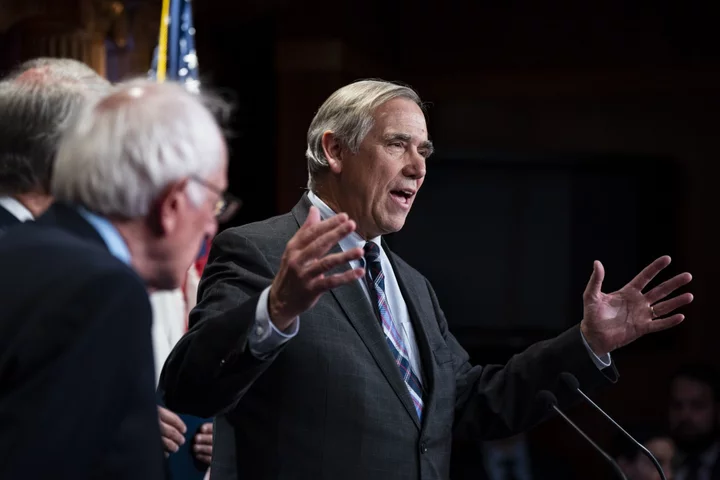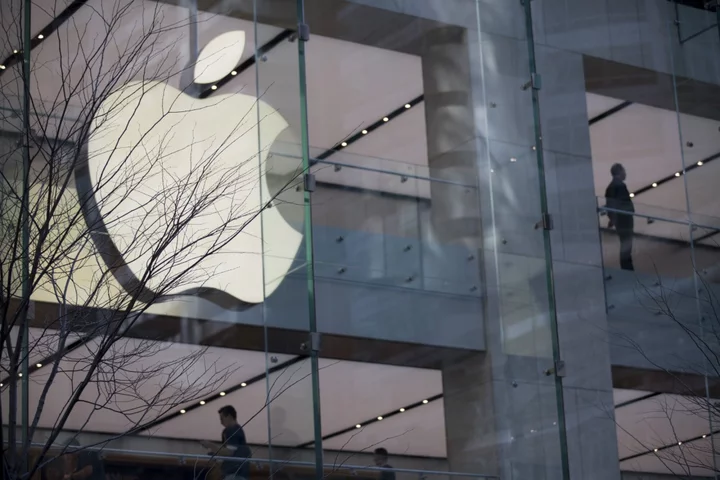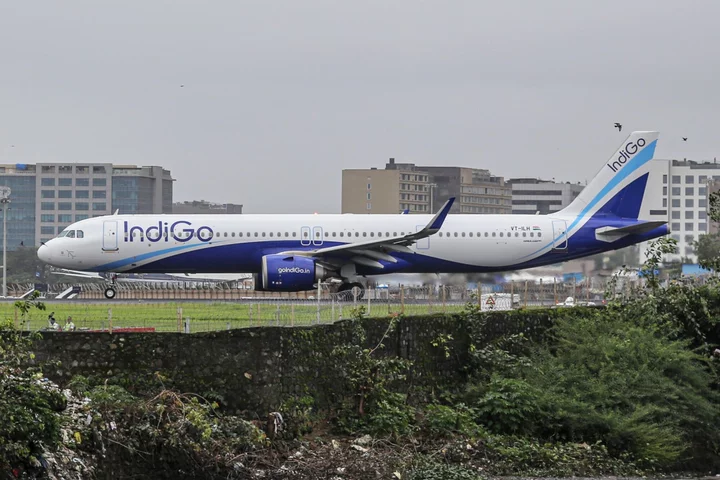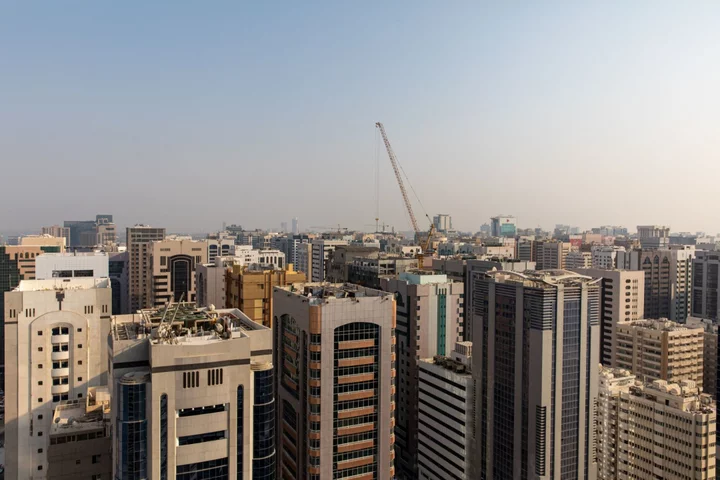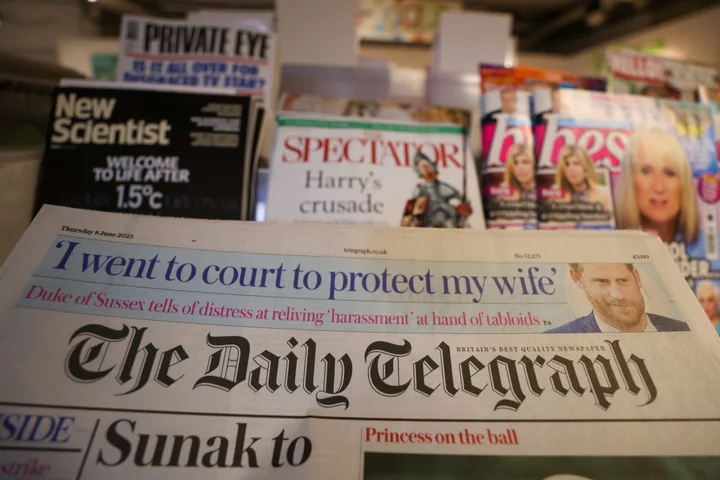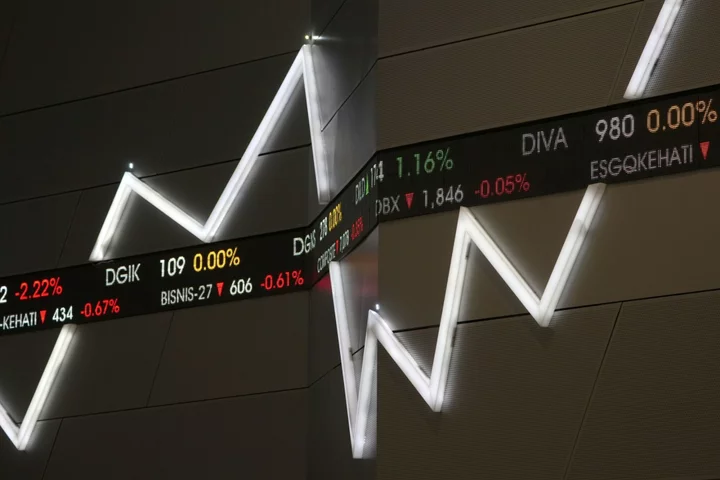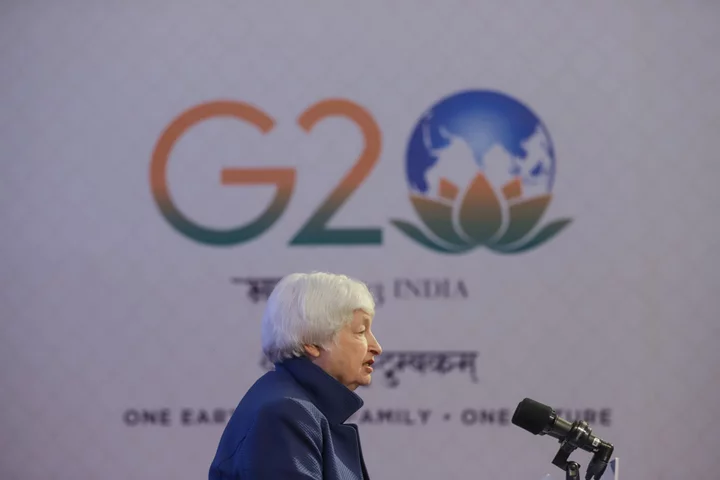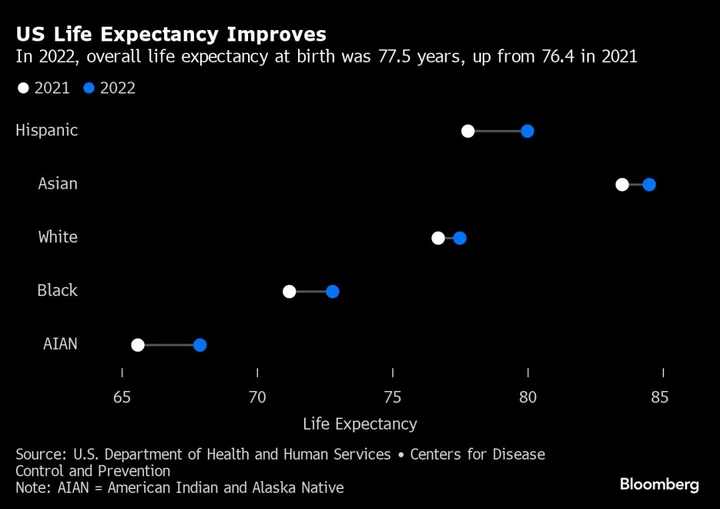West Africa’s regional economic bloc warned it may use military force to remove the leader of a coup in Niger unless the junta reinstates the nation’s democratically elected president.
The warning by the Economic Community of West African States came after thousands of people rallied in the capital, Niamey, on Sunday in support of the junta and staged a protest at the French Embassy in the center of the city. France, the former colonial power in Niger, said it will retaliate if any of its citizens are attacked.
Any military intervention by Ecowas would face considerable obstacles, and it’s more likely that the bloc will continue pressing to resolve the crisis through sanctions and diplomacy.
Niger is a key ally in the international fight against jihadism in the region, and hosts US and French bases. General Mark Milley, chairman of the US Joint Chiefs of Staff, spoke by phone last week with Lieutenant General Abdou Sidikou Issa, chief of the Niger Armed Forces, last week about “the safety of Americans and the developing situation in Niger,” the Pentagon disclosed Monday.
Last week’s coup creates a belt of military-run countries that stretches from the Atlantic Ocean to the Red Sea, many of them less friendly with the West than they are with Russia, which has made inroads in the region in recent years partly through the Wagner Group.
Ecowas, as the regional bloc is known, imposed sanctions on Niger on Sunday, including closing air and land borders, freezing the nation’s assets at the regional central bank, and halting energy transactions. It demanded the immediate release and return to power of President Mohamed Bazoum.
“In the event that the authority’s demands are not met within one week, we will take all measures necessary to restore constitutional order in the republic of Niger,” the bloc said in a statement after a meeting in Abuja, the capital of neighboring Nigeria. “Such measures may include the use of force.”
Read more: What’s Driving Coups in Niger and Across West Africa?: QuickTake
The bloc’s defense chiefs of staff are to meet “immediately” to discuss the potential military intervention, it said.
The last time Ecowas used force to resolve a political crisis was in Gambia in January 2017, when President Yahya Jammeh refused to step down after losing a presidential election in December 2016. Jammeh relinquished power shortly before the troops entered the nation’s capital.
Niger is more than 100-times the size of Gambia — twice the size of Ukraine — and it borders seven nations in various states of conflict. The military of Nigeria, which currently leads Ecowas and is its most influential member, is spread thin dealing with insecurity in every corner of its territory, and would struggle to send troops abroad. Many of the other 14 members are in similar situations.
“An Ecowas military intervention will be complicated because it doesn’t have the support of Nigeriens,” Seidik Abba, president of the Centre International de Réflexion et d’Etudes sur le Sahel, a think tank, said by phone. “Niger has been battling Islamist insurgents for years without any help from Ecowas. Intervening now in the name of democracy would resonate badly with the population.”
Chad’s military ruler, Interim President Mahamat Deby Itno, met with Bazoum and junta leaders in Niamey on Sunday, according to pictures posted to X, formerly known as Twitter. He is acting as an Ecowas mediator to help resolve the crisis that began on July 26, when the presidential guard led by General Abdourahamane Tiani detained Bazoum. Tiani declared himself Niger’s new leader two days later.
The coup leaders, who are believed to be backed by all segments of the security forces, have so far ignored international calls to release Bazoum and return to their barracks. Previous sanctions imposed by Ecowas on junta leaders in countries including neighboring Mali and Burkina Faso failed to overturn coups in those countries.
Read more: Six Things We Know About Niger’s New Military Leader
Niger’s coup has already caused it to lose some of the nearly $2 billion in annual development aid it receives.
France, which has 1,500 troops stationed in Niger, said it had suspended aid that amounted to €120 million ($132 million) last year. The EU, which has committed €503 million in development aid from 2021-2024, has announced “the immediate cessation of budget support” and security cooperation. The US also said its aid is in jeopardy.
Read more: US Mulls Freezing Aid to Niger as Coup Condemnation Grows
French companies including Orano SA operate uranium mines in Niger, which was the world’s seventh-largest producer of the metal last year. Its output has more than halved in the past decade, according to the World Nuclear Association.
--With assistance from Roxana Tiron.
(Updates with US general’s call in fourth paragraph)

